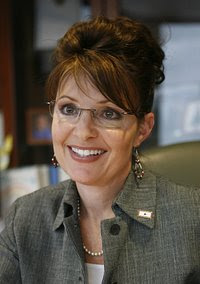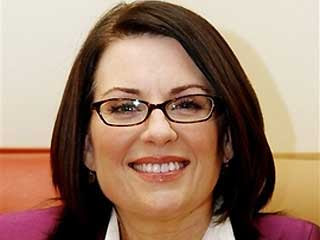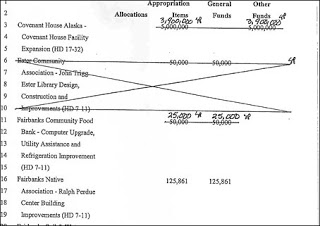Pro-Life vs Pro-Birth
Okay, I promised myself I wouldn’t write about politics. (Isn’t writing about faith occasionally dangerous enough?) However, I’m fuming. Really fuming.
So here goes.
I don’t care that John McCain’s choice for running (soul) mate hunts moose. Some of my best friends hunt moose (First Nations people think about these things differently.) I don’t care that she bears an uncanny resemblance to Megan Mullally.

(above — Sarah Palin
Below – Megan Mullally)
I don’t care that her seventeen-year-old daughter is having a baby. My own mother was exactly that age when she gave birth to me. Stuff happens. I wish the young mother and her child all the best. I certainly respect Ms. Palin’s right to believe that life begins at conception, just as I hope she respects my right to not be able to say when, precisely, life begins. (I’ve met some forty-year-olds who don’t seem fully alive, for goodness sake.)
But here’s what really gets me peeved.
There’s a big difference between “Pro-Life” and “Pro-Birth” and unfortunately, almost every so-called Pro-lifer I’ve talked to seems obsessed with what happens to a child/fetus before it leaves its mothers womb, and very little about what happens to it after. Ms. Palin, it seems, is no different. A recent Washington Post article has revealed a 2008 document in which Ms. Palin cut funding to an organization which supports young unwed mothers:
“According to Passage House’s web site, its purpose is to provide ‘young mothers a place to live with their babies for up to eighteen months while they gain the necessary skills and resources to change their lives’ and help teen moms ‘become productive, successful, independent adults who create and provide a stable environment for themselves and their families.’”
Now, wouldn’t you think that a woman devoted to “Pro-Life” (a term I hate since it infers that anyone who believes in a woman’s right to choose is somehow “Pro-Death”) would do everything in her considerable power to assist mothers in distress?
But no, because truly being pro-life, as many people of diverse faiths (and no faiths) are, means being in there for the long haul, not just up until the moment of birth. It means housing and clothing and food and medical care and education. . . It means community support and jobs and a clean environment. . . It’s expensive, and it’s difficult and it’s complicated and it means, in many cases, the very social programs that Republicans seem so bent on getting rid of.
I’m delighted the young Ms. Palin has a family that will support her and assist her as she goes on to raise a family of her own, but not all young women have it so good. Shouldn’t we, if we are truly pro-life, support them as well? Is it not hypocritical to call oneself “pro-life” and then refuse to support people past the point of their birth?
I love what Sister Joan Chittister (who looks nothing like Megan Mullally) said to Bill Moyers (Sister Joan)
(Sister Joan)
when he interviewed her back in 2007 on his PBS news program NOW:
- Moyers: But if, say, a woman in her thirties came to you, and she was pregnant by her boyfriend, and she was healthy and the fetus was healthy, but she didn’t want to have this baby, what would you say to her?
- Chittister: I would do everything I could to offer her other ways to deal with her situation. I’ve never found a woman who really wants an abortion. I have found only women who felt they had no other choice. I am not impressed by people who say they are pro-life but who don’t want to pay taxes to provide housing and food and education and healthcare for those who need them. That’s not pro-life; it’s pro-birth. This society needs to make life livable for the least fortunate before it condemns people who, for whatever reason, believe they cannot bring a life into the world.
You go, girl!
I think Barack Obama was right when he said the focus should be on preventing unwanted pregnancies. And I applaud his statement from a 2005 speech in Washington: “From the first moment a woman dared to speak that hope – dared to believe that the American Dream was meant for her too – ordinary women have taken on extraordinary odds to give their daughters the chance for something else; for a life more equal, more free, and filled with more opportunity than they ever had. In so many ways we have succeeded, but in so many areas we have much work left to do.”
It seems we have much more work to do indeed.

